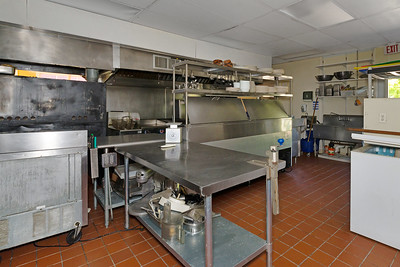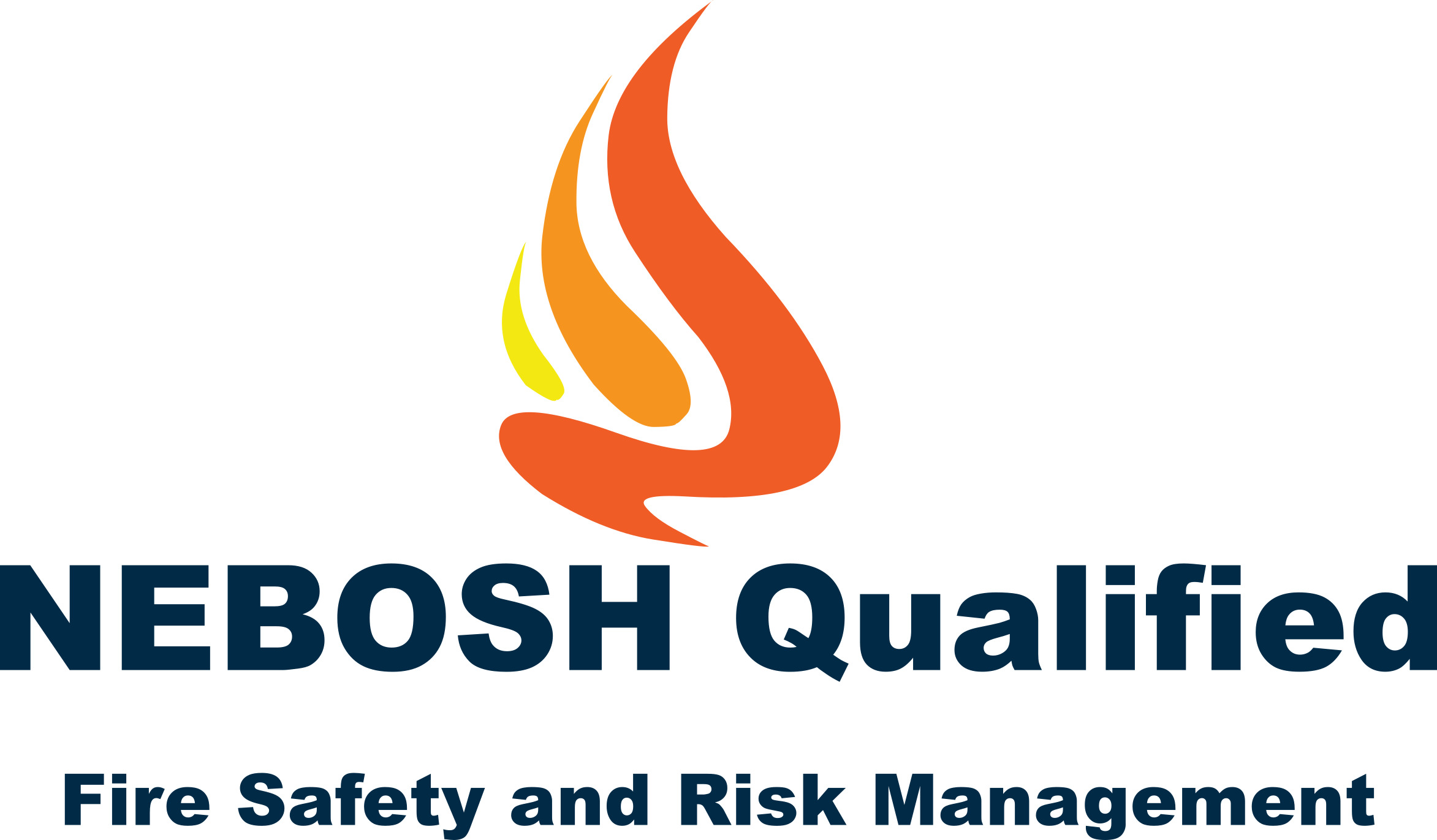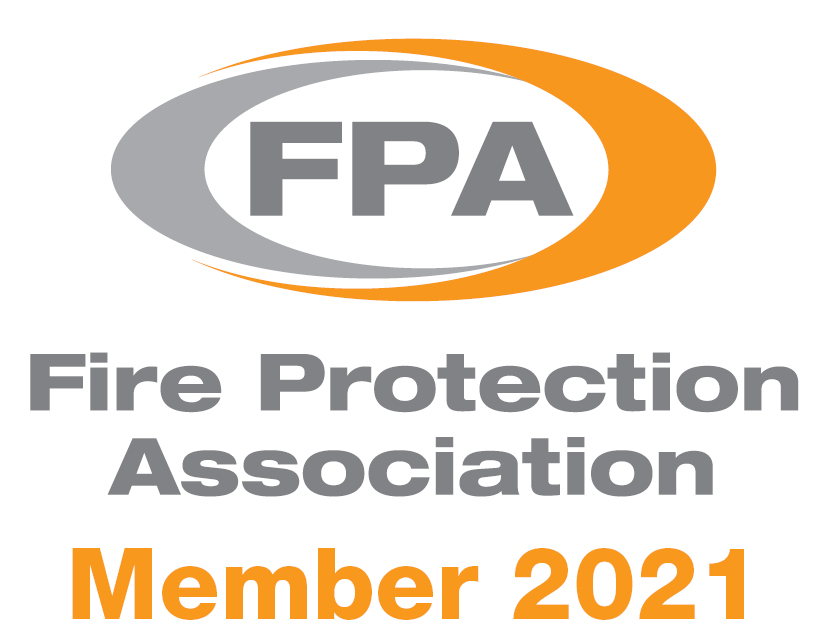
Ensure Compliance with the Fire Regulations
Online Quotation
Located Solihull, Birmingham Area.
Main areas covered include - Coventry, Stoke, Nottingham, Leicester, Stafford, Shrewsbury, Telford, Milton Keynes, Oxford, Luton, Uxbridge, Hemel Hempstead, Banbury. Gloucester, Wolverhampton, Worcester, Northampton, Derby, Hereford
See Genuine Valid Google Customer Reviews Below
Kitchen Fire Safety
Kitchen Fire Safety within Commercial/Workplace kitchens.

Kitchen fire safety procedures are essential to have in place. Kitchens within commercial premises can have very high risk factor. Of course this does depend on the type and size of kitchen. Sizes obviously range from the small kitchen area within an small office area with a kettle and microwave oven to a fully operational kitchen within a large restaurant seating 200 people.
Kitchen Fire Safety within a Small Workplace Kitchen
If its a kitchen with just a toaster, microwave, fridge, and kettle facilities then all that may be recommended is a fire blanket and maybe heat detection depending on the location of the kitchen. Obviously all kitchens should be kept clean, but special attention must be paid to keep areas free of oil and grease. Build-up of grease inside cookers and oven tops can lead to a fire, so regular cleaning of ovens and equipment is essential.
Kitchen Fire Safety within Larger Commercial Kitchens.
According to UK government statistics, over half of all fires attended by the fire services involve cooking equipment, with many of these occurring in restaurants, canteens, hotel kitchens and fast food outlets.
There is a very high fire risk associated with professional cooking environments, as the potential for accidents is high in a fast paced, highly pressured environment. Combine this with large volumes of flammable cooking oil, naked flames and heat sources – you can see the very high fire risk potential
Follow Manufacturer’s Instructions.
Ensure the equipment is regularly maintained.In kitchens there is a lot of equipment that could potentially be dangerous if incorrectly installed or misused. Cooking appliances and apparatus such as ovens and deep fat fryers must always be correctly installed and used in accordance with the manufacturer’s recommendations.
Deep Fat Fryers
Deep fat fryers, commonly used in fast food outlets and restaurants are a common cause of kitchen fires. Overfilling them can lead to the oil being ignited and going up in flames. Once started, the fire can spread very quickly, causing serious risk of injury and even death. To ensure kitchen fire safety take care to fill to the appropriate level and never leave unattended if in use.If possible choose a fat fryer with a special system built in to automatically turn off once the oil reaches a certain temperature, this stops overheating and reduces the risk of a fire. If deep fat fryers are used then a Wet Chem extinguisher should be installed within the kitchen.
Remote power shutdown in an emergency
Passive fire protection is important to ensure the layout of a kitchen helps prevent fire as well as aiding attempts to contain fire and make the area safe. If a fire starts, it’s crucial that the power or gas supply is able to be shutdown remotely, to make the situation safer for Fire and Rescue Services and avert a potentially far worse situation. Also ensure the kitchen is compartmentalised to enable 30 minute fire resistance. Well maintained fire doors with intumescent strips and smoke seals should be installed where appropriate.
Ventilation and extractor systems
In 1997 a fire broke out in a fast food restaurant at London Heathrow. The flames spread from the ventilation shaft above a fat fryer, through the air ducts, almost bringing the entire airport to a standstill. Due to its poor design and lack of fire safety, the ventilation system allowed the fire to spread throughout the terminal. This shows the importance of ensuring that ducting and extractor systems are fire safety designed to ensure kitchen fire safety.
All surfaces should be kept clean and tidy
It probably goes without saying to ensure kitchen fire safety it should be clean, but special attention must be paid to keep areas free of oil and grease. Build-up of grease inside cookers and oven tops can lead to a fire, so regular cleaning of ovens and equipment is essential.
In general, kitchens should be a tidy environment, without any clutter that could block exits and prevent escape in an emergency. All waste cooking oil should also be disposed of properly and not be left on the premises for longer than is necessary.
Ensure kitchen staff wear appropriate clothing
Again, in commercial kitchens, all staff should be very familiar with this basic safety rule, but in smaller establishments this may be less strictly regulated. Loose clothing should not be worn whilst cooking, sleeves must be rolled up and long hair tied back. Aprons are ideal for keeping clothes away from flames.
Never leave cooking unattended
The golden rule in preventing both domestic and non-domestic kitchen fires is to always pay attention to what you are doing. In a busy restaurant kitchen this may not always be easy, but timers can be really useful to alert chefs when food is ready, to avoid it being left in the ovens for longer than it should. If for any reason cooking must be left, it’s important that all staff are instructed to turn off appliances and take pans off the heat. Even if you think that you’ll only be away for a moment, it’s better to be safe than sorry.
Make sure premises is secured at night
As we all know how easy it is to forget to turn the oven off, it’s important that at the end of each day a final check is carried out to ensure all cooking appliances and equipment are properly switched off.Ideally this would be the responsibility of the owner or the last person to leave at night. Creating a checklist for staff is a good idea to ensure the premises is secure.
Have firefighting equipment on hand
If your best attempts to prevent a fire from starting in a kitchen fail, then having the right equipment to extinguish any flames can make the different between an inconvenient mess and a business ruined. Special fire extinguishers for Class F cooking fires are essential for commercial kitchens and fire blankets are handy for smaller pan fires.All staff should be trained in the proper use of firefighting equipment and know when a fire can be dealt with safety and when it’s best to get out.
Ensure a Fire Risk Assessment has been carried out by a competent person.
Useful Kitchen Fire Safety Links

